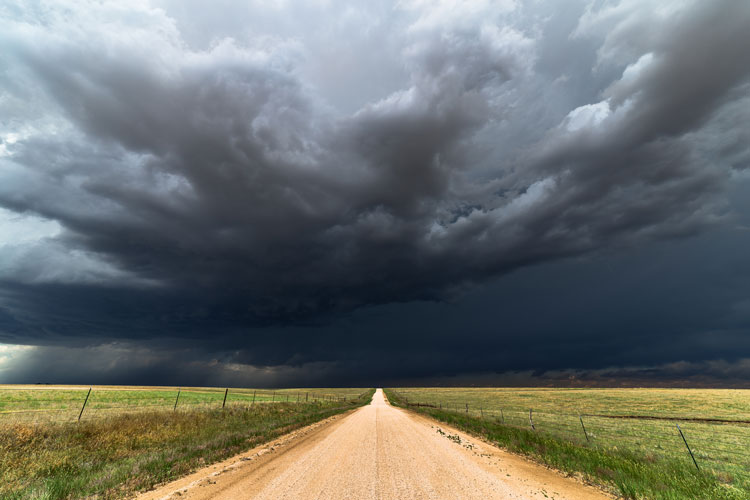
It’s hard to believe the year is winding down. At the Animal Agriculture Alliance, we already have our sights set on 2024. We just recently announced the theme of our 2024 Stakeholders Summit — “Ready, Set, Solve! Advancing Animal Agriculture” and are in the process of securing speakers for a dynamic agenda. We’re also finalizing a collection of animal rights conference reports that give us (and our members) insight into strategies and campaigns to be prepared for in the upcoming year. While conference reports are incredibly insightful, they’re not the only way we glean information about animal rights and adversarial groups. Based on our monitoring, here’s a look into some of the trends and strategies we expect to see in 2024.
“Right to rescue” campaigns. The extreme animal rights group Direct Action Everywhere (DXE) has been the primary group spearheading the “right to rescue” campaign. The aim of this campaign is to legalize animal theft under the guise that the animal needed “rescuing.” Extremists with DXE have faced repeated court cases and legal proceedings in the last few years as they try to set a precedent that supports “rescuing” animals such as livestock and poultry from farms and facilities. The group has seen a mix of wins and losses in court and will continue to battle it out into 2024.
Pressuring food brands into “animal welfare” commitments. Animal rights groups continue to pressure restaurant, retail, and food service brands into making public policy commitments that make it more expensive for farmers to stay in business and drive up the cost of meat, dairy, poultry, eggs, and seafood in the grocery store. These groups have been primarily focused on commitments that increase space requirements for veal calves and broiler chickens, the elimination of gestation stall use with pigs, and a shift to cage-free egg production. Many of these policy changes contradict animal welfare expert recommendations and are less sustainable than current practices.
Pushes to shift toward “plant-based” diets. Throughout 2023, we saw various universities partner with groups like the Humane Society of the United States to update their campus dining menus to include more “plant-based” options and fewer animal-based items. We’ve also seen several mayors make similar commitments for their city. Activist investor scorecards like the Business Benchmark on Farm Animal Welfare are actively scoring entities on their menu offerings, with those that are moving to fewer animal-based menu items scoring higher on the assessment.
Promoting fear about animal agriculture’s role in public health. Since the onset of the COVID-19 pandemic, animal rights groups have been pushing the narrative that animal agriculture negatively impacts public health. Initially, they were claiming animal agriculture was the cause of COVID-19. Once confirmed that it was not, they shifted their story to say animal agriculture will cause the next pandemic. Antibiotic use in animal agriculture has also been receiving quite a bit of attention this year as concerns about antimicrobial resistance grow. Of course, animal rights groups are claiming that animal agriculture is to blame.
Using ballot initiatives to further their agenda. While not a new tactic, animal rights groups are increasingly using ballot processes to force change in the animal agriculture community. The ballot process bypasses traditional legislative procedures that allow for testifying and consideration of the implications of a potential law before voting. It relies solely on the knowledge that someone has (or does not have) at the time of voting. For issues like animal welfare, emotions play a major role in decision making — and it doesn’t always align with research and expert recommendations.
As you can see, a number of trends are on the horizon for 2024. At the Animal Ag Alliance, we’re here to monitor these groups so that you don’t have to — but we need your help to continue our critical work. This year, we’re participating in Giving Tuesday, a global day of giving to support causes you care about. We hope you’ll consider making a tax-deductible donation that will be matched by the U.S. Poultry & Egg Association now through November 28. Learn more about the Animal Ag Alliance and our work by visiting www.animalagalliance.org.

Emily Ellis is the manager of communications and content at the Animal Agriculture Alliance. In her role, she works to execute the Alliance’s issues management and communications strategy.





